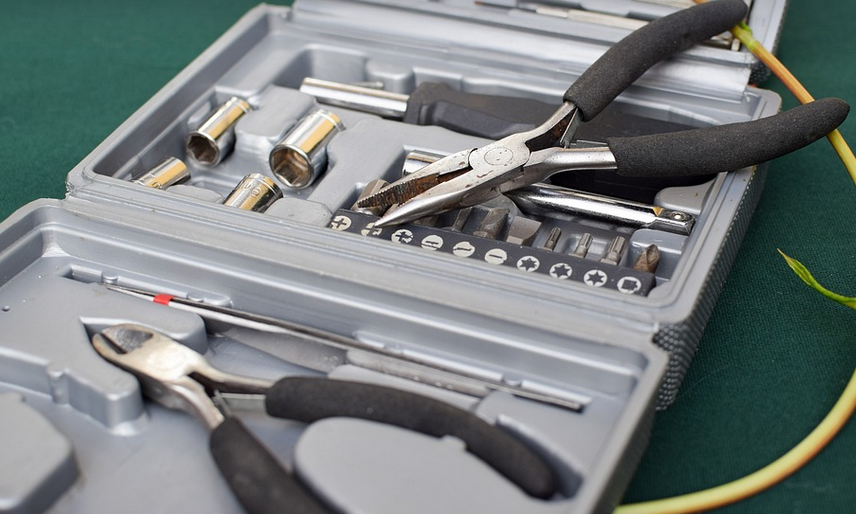The Magic of Bonding: Choosing the Right Adhesive
Quartz countertops have taken the world by storm, becoming a popular choice for kitchens and bathrooms due to their durability, modern aesthetics, and low-maintenance nature. But like any beautiful surface, quartz requires proper installation to ensure its longevity and captivating look. One crucial step in this process is choosing the right adhesive. While some might be tempted to skip this part, it’s integral to achieving a flawless finish that will withstand years of use.
Understanding the Adhesive: Types & Applications
There are various types of adhesives designed for quartz countertops, each with its unique strengths and suitability based on the specific installation requirements. Let’s delve into some commonly used ones:
1. Epoxy Adhesives: These are often the go-to choice for their robust bond strength, flexibility in diverse applications, and ability to accommodate various joint configurations.
Epoxy adhesives are known for their long-lasting performance, even under heavy wear and tear. But they also require careful application – applying them unevenly can lead to air pockets and weak bonds.
2. Polyurethane Adhesives: Offering excellent bonding strength and flexibility, polyurethane adhesives are commonly used in cabinet construction and furniture making, but also for securing quartz countertops.
Polyurethane adhesives offer a smooth application process and exceptional water resistance, which makes them suitable for areas prone to moisture.
3. Acrylic Adhesives: For their ease of use and quick-drying nature, acrylic adhesives are often favored by DIYers or those seeking a more straightforward installation process.
Acrylic adhesives offer excellent adhesion to quartz surfaces but may not provide the same level of durability as epoxy or polyurethane. Their fast drying time can make them ideal for smaller applications where speed is paramount
4. Construction Adhesives: While not specifically designed for countertops, construction adhesives offer strong bond properties that can be suitable in specific situations.
Construction adhesives are readily available and provide a durable bond to quartz surfaces. However, they may require additional curing time compared to other specialized adhesives
Factors to Consider When Choosing Your Adhesive
Selecting the right adhesive for your quartz countertop project goes beyond simply choosing the type. Several factors need careful consideration:
1. Type of Quartz Countertop: The type of quartz used can influence the appropriate adhesive choice.
For example, certain types of quartz may require additional bonding agents or specific adhesives for optimal adhesion.
2. Project Size and Complexity: The size and complexity of your countertop installation will dictate the type and amount of adhesive you’ll need.
A large, complex project might demand additional adhesives or a specialized application technique to ensure a seamless finish.
3. Installation Environment: Temperature, humidity, and other environmental factors can impact the effectiveness of your chosen adhesive.
It’s crucial to understand how these elements could influence the adhesive’s performance in your specific setting to avoid unforeseen issues later on.
4. Cost and Availability: The cost and availability of adhesives vary based on their type and brand.
While some adhesives might offer superior bond strength, they could also be more expensive or require specialized knowledge to use effectively.
5. Safety Considerations: Working with adhesives often requires protective gear and proper ventilation.
It’s vital to prioritize safety and implement appropriate measures throughout the installation process
Proper Application Techniques for a Seamless Finish
No matter which adhesive you choose, proper application techniques are key to achieving a professional-looking finish. Here’s how:
1. Cleanliness is Key: Start by thoroughly cleaning the surfaces of your quartz countertop with a gentle cleaner and soft cloth.
This removes any debris, dust, or residue that could impede bonding.
2. Primer for Optimal Bonding: Some adhesives require a primer to ensure a strong bond to the countertop material.
The primer will create a more stable surface for the adhesive to adhere to, particularly if you experience varying temperatures during installation.
3. Even Application: Using a smooth-edged trowel or application tool, spread the adhesive evenly across the countertop area.
Avoid any thick or uneven coverage that may cause air pockets and weaken the bond later on.
4. Proper Curing Time: As per the manufacturer’s instructions, allow the adhesive to cure properly.
Curing time varies based on the type of adhesive used; some may require hours or days for complete curing before use.
5. Consult Professionals: If you have any doubts about applying the adhesive safely or correctly, it’s always best to consult with a professional installer or expert.
Their experience and expertise can help avoid mistakes that could negatively impact your countertops’ longevity.
A Final Word of Advice
Installing quartz countertops is a beautiful undertaking, but achieving a flawless result requires more than just selecting the right countertop material. Careful attention to detail during the adhesive application process can save you time and money, while also ensuring long-lasting results that enhance the beauty of your home.
Remember, investing in quality adhesives from reputable brands, and following proper application techniques, will help you create a stunning quartz countertop that will stand the test of time
